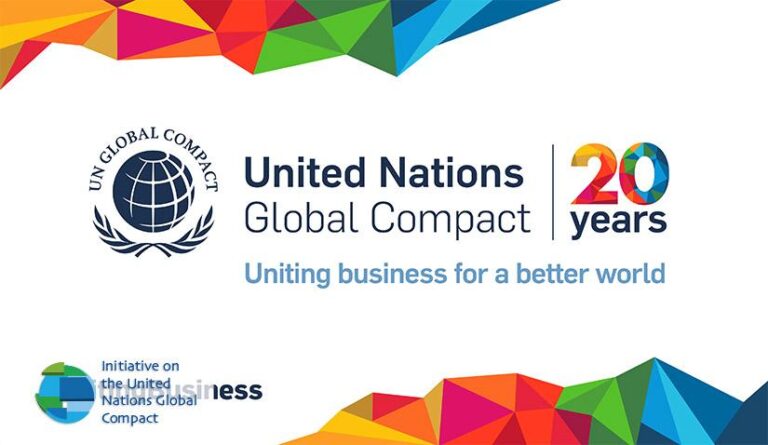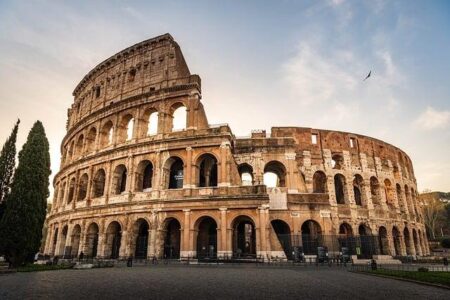Dozens of countries have voiced their support for France’s ambitious Middle East peace plan, signaling a broad international endorsement of the diplomatic initiative. However, the plan faces a significant hurdle as the two key parties directly involved in the conflict remain notably silent or skeptical. This crucial lack of buy-in from the primary stakeholders raises questions about the feasibility and future impact of France’s efforts to broker lasting peace in a region long marked by tension and unrest.
International Backing Grows for France’s Middle East Peace Initiative Amid Regional Tensions
France’s ambitious peace initiative aimed at ending the protracted conflicts in the Middle East has garnered endorsement from several key global players and regional actors. More than 30 nations, including influential members of the European Union and Arab League countries, have publicly declared their support for the plan’s framework, which emphasizes diplomatic dialogue, economic cooperation, and humanitarian aid. Supporters argue the initiative represents a much-needed multilateral effort to revive stalled negotiations and create a roadmap toward lasting stability, despite escalating tensions throughout the region.
However, the plan faces significant challenges as neither Israel nor the Palestinian Authority-the two primary stakeholders-have formally backed the proposal. This lack of direct engagement from the parties central to the conflict raises questions about the initiative’s feasibility on the ground. Critics highlight that for real progress, key issues such as border security, refugee rights, and settlement policies must be addressed with the primary actors actively involved. Key points of international backing include:
- Economic incentives tied to rebuilding war-torn areas and infrastructure development
- Increased diplomatic engagement with long-standing regional adversaries
- Humanitarian commitments focused on displaced populations
| Country / Group | Position | Remarks |
|---|---|---|
| France | Lead Sponsor | Coordinating diplomatic effort |
| European Union | Supportive | Backing financial aid components |
| Arab League | Endorsing | Advocating regional cooperation |
| Israel | Neutral / Non-committal | Concerns over security safeguards |
| Palestinian Authority | Non-supportive | Demanding recognition of statehood |
Key Players Abstain as Diplomatic Efforts Face Crucial Test in Jerusalem
Amid escalating tensions in Jerusalem, the international community has largely rallied in support of France’s latest Middle East peace initiative. Over forty nations have publicly endorsed the framework, urging a swift return to dialogue and reaffirming their commitment to a two-state solution. This coalition includes key European countries, several Arab states, and influential members of the United Nations Security Council. Their unified stance emphasizes diplomatic engagement and the avoidance of further violence, signaling a rare moment of consensus in a region long plagued by division.
However, the plan’s momentum has encountered a significant obstacle: the critical absence of endorsement from the two parties whose cooperation is essential for any progress. Both Israeli and Palestinian leadership remain reticent, citing concerns over sovereignty and security provisions that they believe are unbalanced. This stalemate raises questions about the viability of external pressure as a driver for peace. Below is a brief overview of the main international backers and the key abstainers:
| Supportive Nations | Key Abstainers |
|---|---|
| France | Israel |
| Germany | Palestinian Authority |
| United Arab Emirates | Hamas |
| United Kingdom | Jordan |
| Canada | United States (neutral stance) |
Experts Urge Renewed Dialogue and Confidence-Building Measures to Break the Deadlock
Amid mounting frustration over the persistent stalemate, seasoned diplomats and regional analysts emphasize that tangible progress hinges on renewed dialogue coupled with strategic confidence-building measures. They argue that without reopening channels of communication – particularly between the Israel government and Palestinian leadership – the peace process risks being sidelined indefinitely. Experts highlight that past efforts faltered largely due to mutual distrust and the absence of direct engagement, underscoring the need for incremental steps that can rebuild faith in negotiations and pave the way for substantive discussions.
Key proposals gaining traction among international observers include:
- Establishment of bilateral working groups focusing on humanitarian issues and security coordination.
- Unilateral gestures aimed at easing tensions, such as prisoner releases and halting settlement expansions.
- Third-party mediation to facilitate informal backchannel talks in neutral venues.
| Confidence-Building Measure | Expected Impact | Stakeholder Support |
|---|---|---|
| Humanitarian Corridor Creation | Improved civilian access and trust | High among NGOs, cautiously supported by governments |
| Mutual Ceasefire Agreements | Reduced violence and confrontation | Mixed, contingent on compliance guarantees |
| Joint Economic Projects | Shared interests build cooperation | Strong backing from international donors |
Concluding Remarks
As international backing for France’s Middle East peace plan gains momentum among dozens of nations, the absence of endorsement from the key parties involved remains a significant obstacle. Without the crucial support of these stakeholders, the initiative’s potential to foster lasting resolution in the region is uncertain. Observers will be closely watching whether future diplomatic efforts can bridge these divides and translate broad international approval into concrete progress on the ground.




